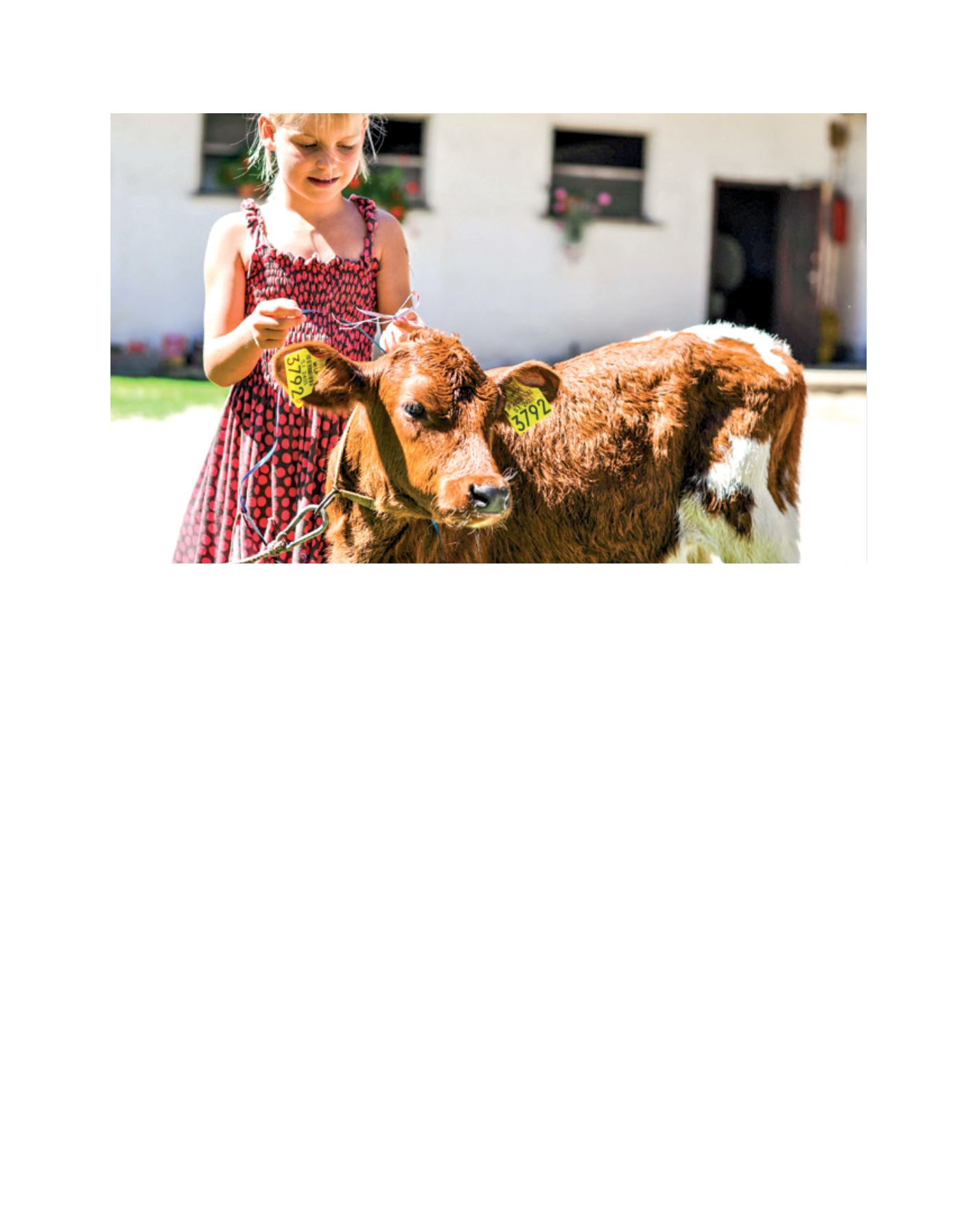

[
] 182
increasingly need to gain more income from the market. It
is essential for them to be able to get a better market return.
They need a quality of life and income that is comparable to
other sectors of the economy.
A recent survey that Copa-Cogeca commissioned to an
independent company estimated that the impact of the
unfair trading practices of the retail sector in the agrifood
sector amounts to €10.9 billion per year in loss of turnover.
Moreover, with 842 million people suffering from chronic
hunger in the world – that is one in eight people – it is
crucial to improve the situation of family farms to meet
this demand.
Ways of improving the situation of family farms, of making
them more interactive with society and of stimulating policies,
have consequently been looked at in key events organized
by Copa-Cogeca this year and also in collaboration with the
Food and Agriculture Organization of the United Nations, the
World Farmers’ Organisation and the European Commission.
We believe that agri-cooperatives can help farmers to meet
upcoming challenges and improve their positioning and the
economic performance and viability of their members. They
enable farmers to join forces to market their produce and add
value to produce to get a higher return. They help farmers to
better manage the extreme volatility of agricultural markets
and help to strengthen their position in the food chain by
concentrating their farming members’ production. They are an
excellent model to help family farms exist across the world. A
recent study by the European Commission has demonstrated
that in EU countries with higher market shares of coopera-
tives in the milk sector, farmers receive significantly better
prices (by some 10-15 per cent), compared to countries with
low market share of dairy cooperatives.
But we need to see how farmers and cooperatives can
develop more successful marketing strategies and ensure
prices for their products actually cover their production
costs. A key point for this is innovation: it is crucial for family
farmers and cooperatives to be innovative and for cooperatives
to develop innovative strategies and products to secure better
market returns for their members.
In this context, farmers in Europe can help farmers in
African and other less developed countries in the world by
passing on their agriculture expertise and knowledge and
helping farmers’ unions and cooperatives to set up. Many
farm organizations and cooperatives across Europe have been
active on this.
We also urge heads of state and governments to provide
support for market research in order to find new market
outlets for their produce and increase export promotion.
Investment in the sector must be stepped up and education
and training improved.
Non-tariff barriers to trade also prevent the EU from
maximizing its trade potential in agrifood exports. Different
labelling and packaging regulations can increase red tape and
the price of a product dramatically. This must be tackled.
In addition, women make an irreplaceable contribution
to family farms and it is important that this is acknowl-
edged across the world. In some countries, there are many
women farmers and they have equal rights in relation to
their spouses. But in others, a lot more has to be done to
improve the status of women. The status of co-owner is
Researchers have found that in EU countries with higher market shares of cooperatives in the milk sector, farmers receive significantly better prices
Image: Copa-Cogeca
D
eep
R
oots
















